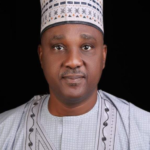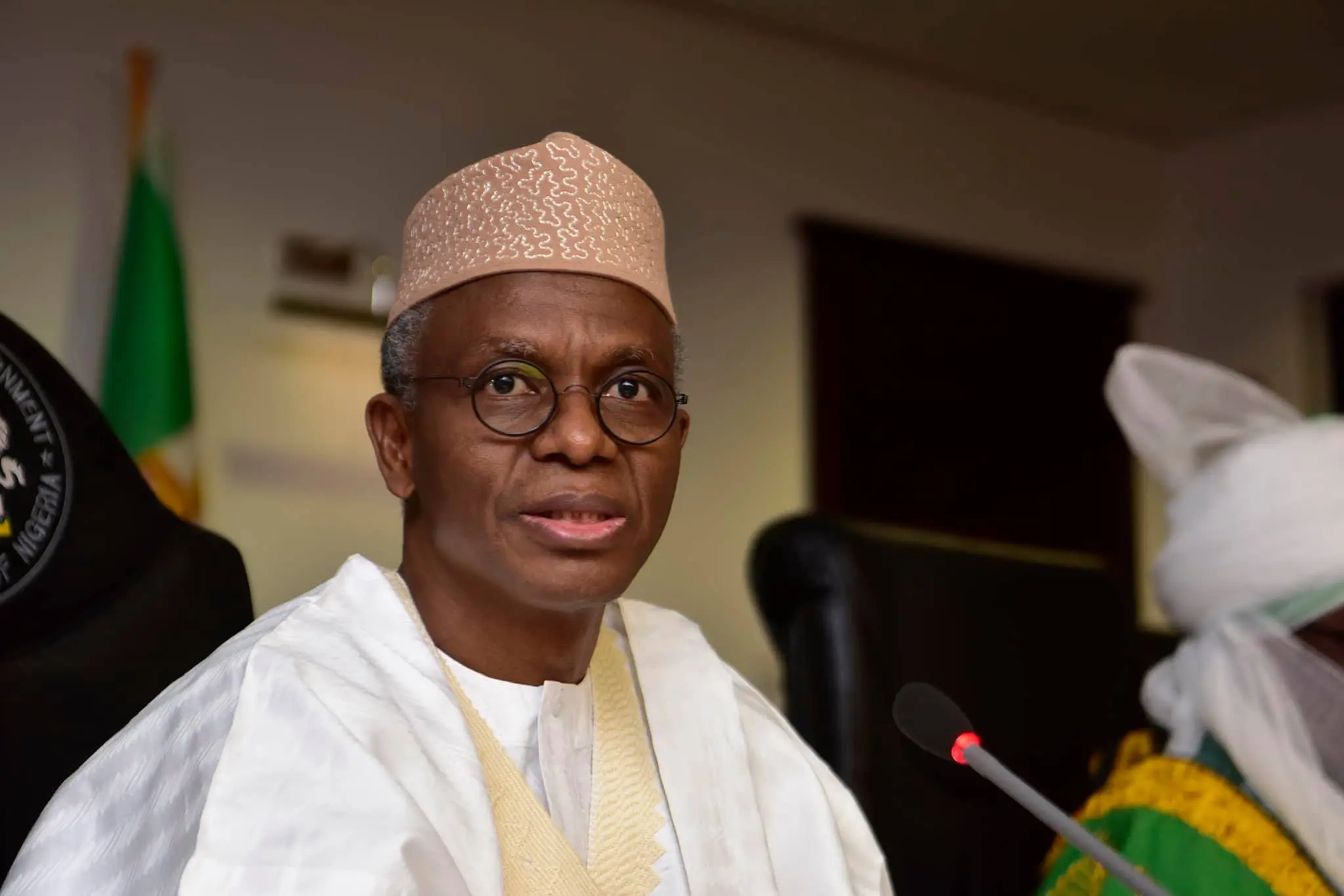-
The Niger Delta Power Holding Company (NDPHC) says 2,000MW of power generation capacity is stranded due to a N600 billion debt burden and infrastructure constraints.
-
NDPHC MD Jennifer Adighije revealed the plants suffer from poor monetization, inadequate gas supply, and transmission limitations.
The Niger Delta Power Holding Company (NDPHC) has raised the alarm over the continued stagnation of 2,000 megawatts of available power generation capacity, blaming it on crippling debts totaling nearly N600 billion and severe infrastructure bottlenecks.
In a statement issued by Adesanya Adejokun, Technical Adviser on Media to NDPHC Managing Director Jennifer Adighije, the company warned that its Integrated Power Projects are increasingly at risk due to lack of adequate monetization, gas supply issues, and poor offtake from power distribution companies.
“The NDPHC currently has a mechanically available generation capacity of about 2,000 MW that is significantly stranded due to transmission constraints, gas supply, and gas transportation limitations in addition to dwindling offtake by the distribution companies,” Adighije stated.
ATTENTION: Click “HERE” to join our WhatsApp group and receive News updates directly on your WhatsApp!
She revealed that the debts owed by Nigeria Bulk Electricity Trading (NBET) and other bilateral entities are seriously impacting the company’s operations. “Supply challenges, transmission constraints, as well as close to N600 billion debt being owed the company are hindering the company’s operations,” she added.
READ ALSO: Protesters Block Edo Highway Over Kidnappings, Poor Infrastructure
In the midst of the crisis, Adighije disclosed that NDPHC had successfully restored five turbine units across key power plants in Calabar, Omotosho, Sapele, and Ihovbor—facilities that had previously been offline. The restoration has added 625 megawatts to the national grid.
Despite the grim outlook, Adighije affirmed that the NDPHC team remains committed to improving operational efficiency and reviving dormant capacity.
“The country’s electricity future depends on urgent action to resolve transmission bottlenecks and settle long-standing debts,” Adighije warned, emphasizing that without immediate intervention, the sector may face further setbacks in generation, supply, and sustainability.


















Leave a comment